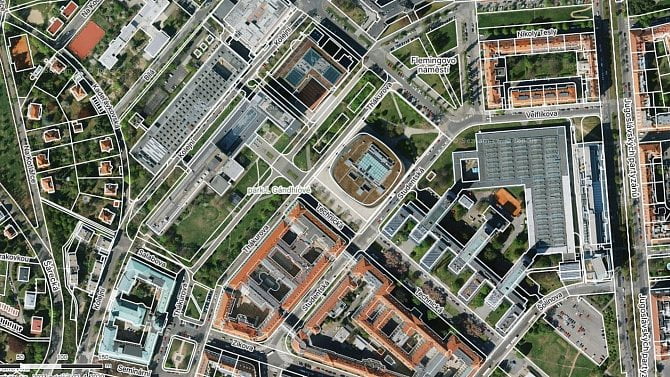Odpověď na názor
Odpovídáte na názor k článku AMD opravilo kritickou chybu Ryzenu v FMA3. Nové BIOSy prý také snižují latenci pamětí. Názory mohou přidávat pouze registrovaní uživatelé.
-
Tento text je již více než dva měsíce starý. Chcete-li na něj reagovat v diskusi, pravděpodobně vám již nikdo neodpoví.
-

podle
http://www.hardwarecanucks.com/forum/hardware-canucks-reviews/75030-ecc-memory-amds-ryzen-deep-dive-4.html (a následující stránky)
to vypadá jako celkem OK.
"So we have good news and we have bad news. The system had absolutely no problems detecting and correcting single-bit errors, otherwise known as soft errors. It corrected literally hundreds of single-bit soft errors without missing a beat. This is why people invest in an ECC-capable platform, so that corrected error (CE) events don't corrupt any data and they don't bring down the system. These single-bit errors are detected, corrected, and logged. Usually by the motherboard and operating system, but right now only by the operating system.
HOWEVER, things are not quite perfect. On that last line you will notice "1 UE". That is an uncorrected error (UE), otherwise known as a two-bit error or a hard error. Two-bit errors cannot be corrected by ECC memory. What is supposed to happen when they occur is that they should be detected, logged and ideally the system should be immediately halted. These are considered fatal errors and they can easily cause data corruption if the system is not quickly halted and/or rebooted. Regrettably, only 2 of the 3 steps happened. The hard error was detected and it was logged, but the system kept running."
Za mně OK. Softerrors to řeší a hard jsem za celou svou kariéru nezažil. A i kdyby, na úrovni Linuxu se to dá řešit skriptem, protože harderrors jsou zalogovány - tudíž i tato eventualita je řešitelná, byť ne po HW stránce tvrdým haltem, ale SW, tudíž s velmi malou (ale existující) pravděpodobností, že se něco podělá.
-
Přidávat názory mohou pouze přihlášení uživatelé.
-
Jan Olšan|24. 12. 2024
-
Jan Olšan|23. 12. 2024
-
Václav Větvička|21. 12. 2024
-
Jan Olšan|20. 12. 2024





























